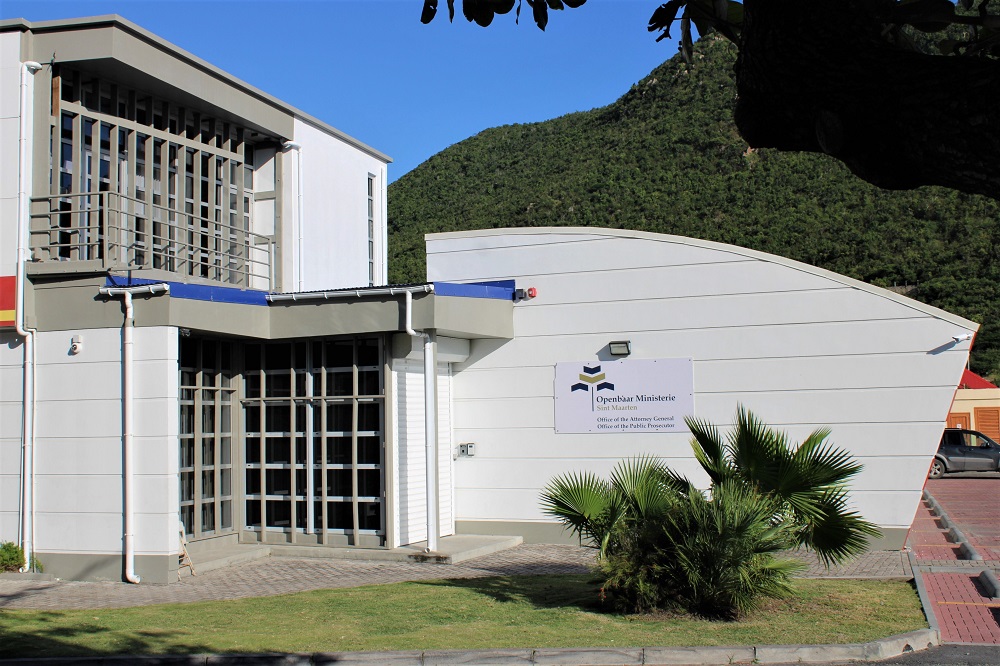Heyliger pays $5 million and goes to prison for five years

PHILIPSBURG -- Former politician and founder of the United People’s party (UP) Theo Heyliger will pay the Public Prosecutor’s Office $5 million and await a summons to start serving a 5-year prison sentence, it appears from a press release issued by the prosecutor’s office.
The deal is part of a settlement that puts an end to Heyliger’s prosecution in the Larimar and Catfish investigations. Heyliger will also waive the rights to rental income from several immovable properties.
On May 15, 2020, the Court in First Instance sentenced Heyliger to 5 years of imprisonment for taking bribes and for money laundering. “The accused enriched himself for years as a politician at the expense of the citizens of St. Maarten,” the press release of the prosecutor’s office states.
The Detective Cooperation Team (RST) started a criminal financial investigation to determine whether Heyliger had enriched himself. When that turned out to be the case, the prosecution started a deprivation case against him.
Heyliger’s millions will flow into the Crime Fund. “Opting for a settlement agreement avoids lengthy court procedures for both parties,” the press release states. “The dispossession case is closed and parties will ask the Court in First Instance to declare the case closed on November 1.”
The prosecutor’s office also closed the book on the appeal in the criminal investigations Larimar and Catfish by informing the court that it has no longer interest in continuing the appeal hearings. The court then declared the prosecution inadmissible. The verdicts in both cases have now become irrevocable.
“Ensuring the integrity of the country and the application of the law are important to the fabric of the community,” the press release states. “This case showed how unlawful actions by a single official to whom the care and development of the country has been entrusted, can slow down progress and cause sometimes irreparable damage to the present and the future. The prosecution sees the conclusion o this case as a joint step towards a better future for the country.”
In March 2020, shortly after the Larimar-trial, the board of the UP claimed in a press release that there was no physical evidence against Heyliger and that the charges against him were “frivolous and without ground.” Instead, it pointed its finger to crown witness Ronald Maasdam as “the architect behind corrupt practices among Dutch construction firms.” The UP-board did not stop there: it described its founder Heyliger as “a very small fish” claiming that “they are using their own big fish to try and destroy a St. Maartener who has done do much for this country and who can’t run to Spain.” The board maintained its firm belief in Heyliger’s innocence, saying that it anticipated his full acquittal.”
The Catfish investigation is about Heyliger’s alleged attempt to bribe former Member of Parliament Romain Laville. In exchange for giving up his seat in parliament, and thereby causing the fall of the government, Laville was to receive between $135,000 and $350,000 and to become a minister in the next government.
Larimar is about bribes Heyliger took for awarding contracts to Windward Roads and other construction companies, including Volker Stevin, the company that built the causeway bridge across the Simpson Bay Lagoon.
###
LOGIN TO READ MORE... THIS IS A PREMIUM ARTICLE. YOU NEED AT LEAST YEARLY SUBSCRIPTION TO ACCESS THIS ARTICLE.
...
Some articles or portions of articles are restricted exclusively for our registered members and paying subscribers. Please login here to read the rest of this article. If you do not already have a paid subscription, you will need to register here and pay for a subscription first in order to gain access to our website to read articles or contents that are restricted to paid subscribers. You need to buy at least a Day subscription for 75ct to gain access. Or log in first if you are already a registered paying subscriber to this website. Click here to register and support our work with a paid subscription.


























